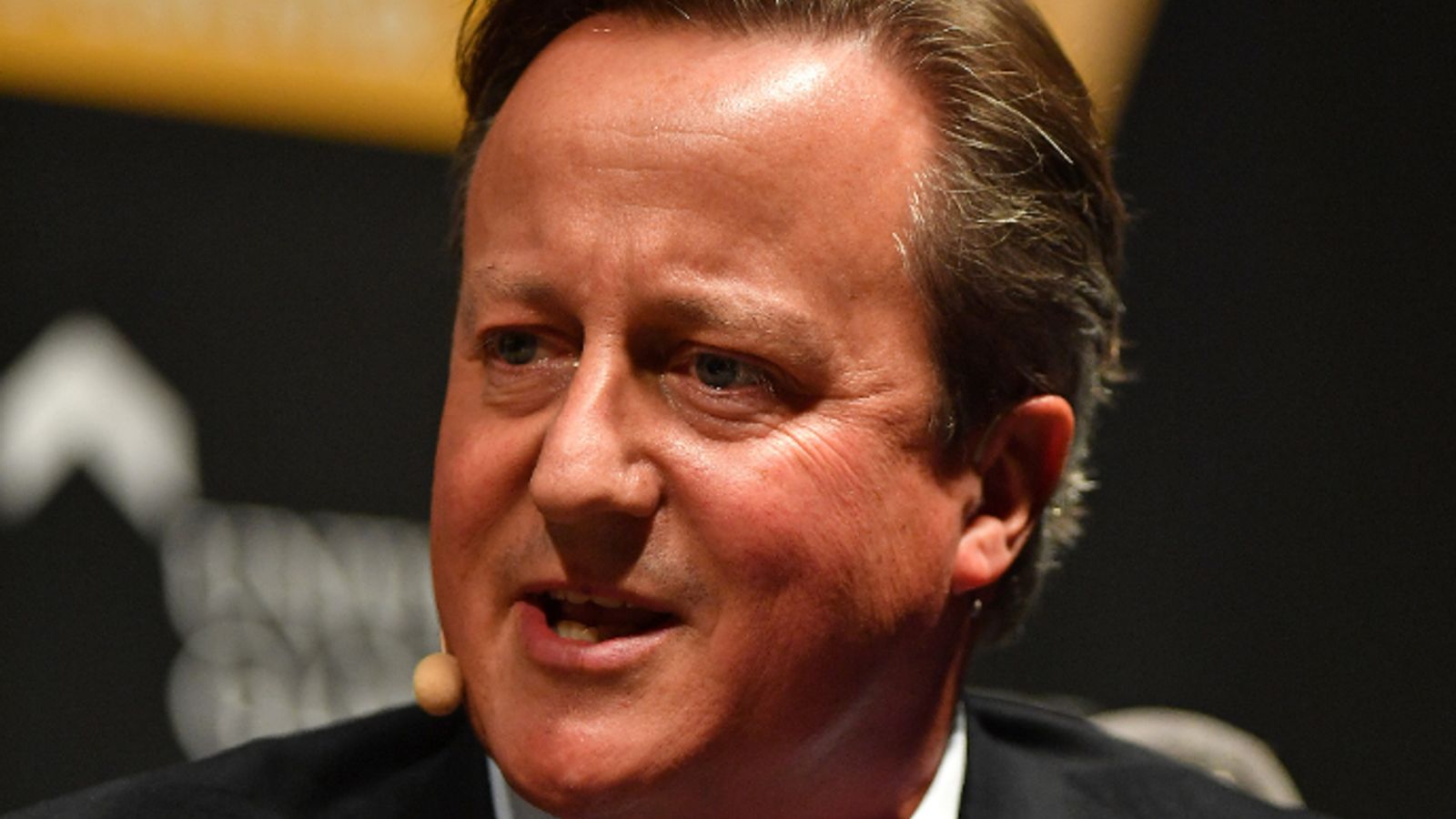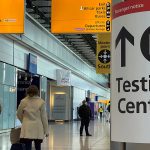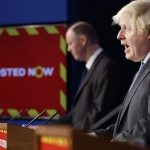Former prime minister David Cameron did not break his own lobbying rules in trying to secure government help for a financial firm he worked for, a watchdog has said.
Reports Mr Cameron sent a number of texts to Chancellor Rishi Sunak’s private phone asking for support for Greensill Capital, were investigated by Harry Rich, the Registrar of Consultant Lobbyists.
That post was set up in legislation passed by Mr Cameron’s own government in 2014.
But, as an employee of Greensill, which has since gone into administration, he was not required to declare himself on the register of consultant lobbyists, Mr Rich concluded.
As well as seeking funds from a government-backed COVID loans scheme, the COVID Corporate Financing Facility (CCFF), Mr Cameron is also alleged to have approached the Bank of England about the firm, which collapsed earlier this month.
The bank has been supporting large firms during the coronavirus pandemic.
The watchdog said in its decision: “Based on detailed information and assurances provided, Mr Cameron’s activities do not fall within the criteria that require registration on the Register of Consultant Lobbyists.”
The Transparency of Lobbying, Non-Party Campaigning and Trade Union Administration Act 2014 makes it an offence for someone who is not a registered lobbyist to directly lobby ministers or senior civil servants.
But people lobbying on behalf of their own organisation are not required to register.
Subscribe to the Daily podcast on Apple Podcasts, Google Podcasts, Spotify, Spreaker
The watchdog said it had received “comprehensive assurances” from Mr Cameron that any contact he had with any government minister or permanent secretary was made as an employee of Greensill.
Mr Cameron went to work for Greensill after leaving Number 10.
Downing Street has confirmed the Treasury considered representations made by Greensill “with proper and due process”, but subsequently decided not to provide the request for support.
The Sunday Times reported that the former prime minister sent a number of texts to Mr Sunak asking for help for Greensill, while The Times subsequently reported that he had directly lobbied the Bank of England.
Greensill was the main financial backer for Liberty Steel, which owns 12 plants in the UK and employs 5,000 people worldwide but now faces an uncertain future.
On Friday, Sky News learned Liberty’s owners, the GFG Alliance conglomerate, asked for an emergency government bailout of up to £170m itself as it, too, nears collapse, leaving 3,000 UK jobs at risk.






















